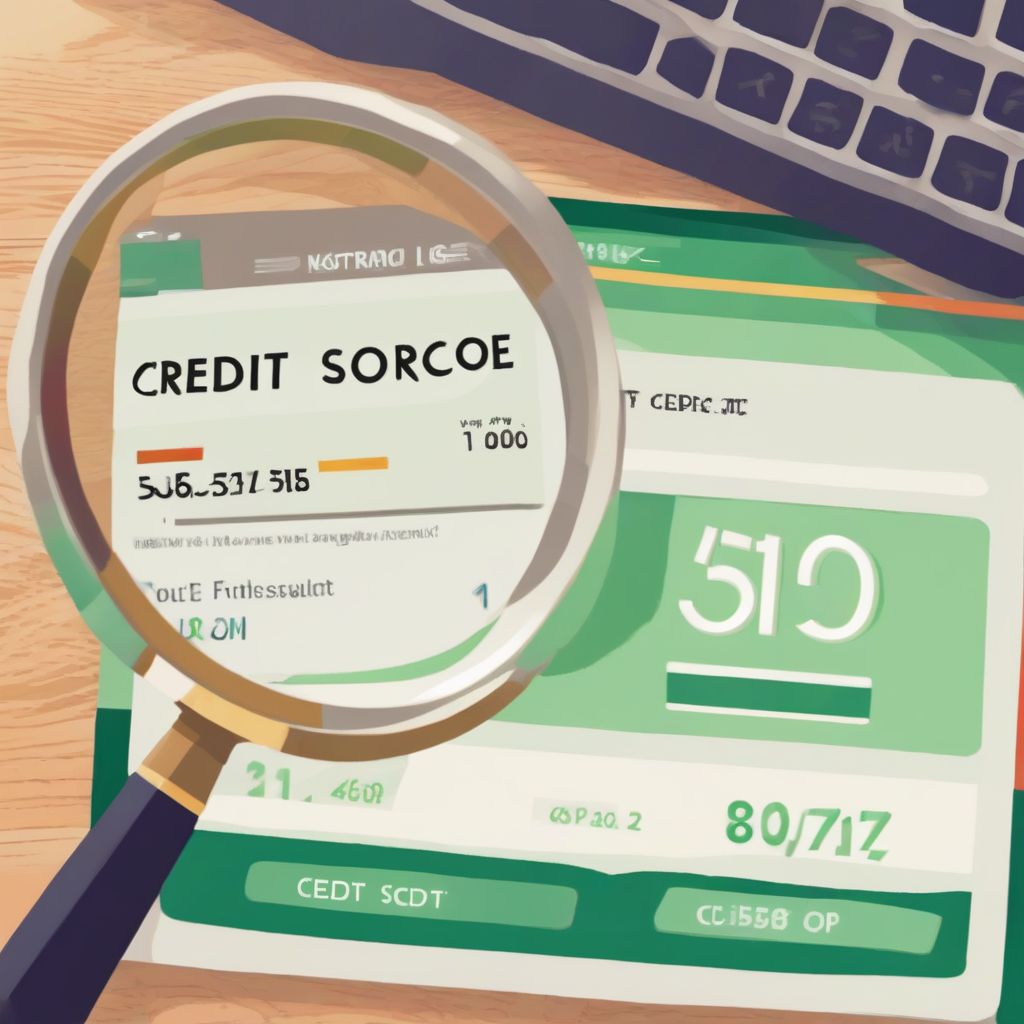
Managing credit card debt can feel like a juggling act. High interest rates and minimum payments can keep you trapped in a cycle of debt that feels impossible to break free from. If you’re struggling, you might be considering a loan to pay off credit cards. This strategy can be a smart financial move, but it’s important to understand the ins and outs before you jump in.
What Are Loans To Pay Off Credit Cards?
Simply put, a loan to pay off credit cards is exactly what it sounds like: you take out a new loan and use the funds to pay off your existing credit card balances. This strategy is often called debt consolidation. By consolidating your debt, you’ll be left with a single monthly payment, which can simplify your finances.
Why Consider a Loan to Pay Off Credit Cards?
There are several reasons why this strategy can be beneficial:
1. Lower Interest Rates: Credit cards, especially store cards, tend to have high interest rates. Personal loans or balance transfer cards often come with lower interest rates, meaning more of your monthly payment goes towards paying down your principal balance, not just the interest.
2. Predictable Payments: Loans To Pay Off Credit Cards generally have fixed interest rates and fixed repayment terms. This makes budgeting easier because you’ll know exactly how much your payment will be each month and when you can expect to be debt-free.
3. Improved Credit Score: While taking out a new loan can initially cause a small dip in your credit score, using the loan to pay off revolving credit card balances can actually improve your credit utilization ratio, a key factor in determining your credit score.
What to Consider Before Taking Out a Loan
While there are many potential benefits to using a loan to consolidate credit card debt, it’s essential to consider these factors:
1. Total Cost of the Loan: Don’t be swayed by a low monthly payment alone. Carefully compare the interest rates, fees (such as origination fees or balance transfer fees), and repayment terms of various loan options to determine the total cost of the loan.
2. Your Ability to Qualify: Your credit score and debt-to-income ratio (DTI) will play a significant role in your ability to qualify for a loan and the interest rate you’ll receive.
3. Your Spending Habits: Taking out a loan to pay off credit cards will only be effective if you can avoid racking up new debt on your cards. Create a realistic budget and stick to it.
Types of Loans To Pay Off Credit Cards
Several loan options can be used to consolidate and pay off credit card balances:
1. Personal Loans: Personal loans are unsecured loans, meaning they don’t require collateral. They typically have fixed interest rates and repayment terms.
2. Balance Transfer Credit Cards: These cards offer a low or 0% introductory APR for a set period, allowing you to transfer balances from high-interest cards and pay them down more quickly.
3. Home Equity Loans or Lines of Credit: If you’re a homeowner, you might consider tapping into your home equity. However, keep in mind that this option puts your home at risk if you can’t repay the loan.
Frequently Asked Questions
1. Will getting a loan to pay off credit cards hurt my credit score?
Initially, your credit score may dip slightly due to the hard inquiry when you apply for the loan. However, as you make on-time payments and your credit utilization ratio improves, your score should rebound.
2. How much can I borrow?
The amount you can borrow will depend on your creditworthiness, income, and the lender’s requirements.
3. How long does it take to pay off credit card debt with a loan?
The repayment term will depend on the specific loan you choose. Personal loans typically have repayment terms of 2 to 7 years, while balance transfer cards offer introductory periods of 12 to 21 months.
vanhoavietnam.site/wp-content/uploads/2024/08/credit-score-report-66bac8.jpg" alt="Credit Score Report" width="1024" height="1024">Credit Score Report
Making the Right Decision for Your Financial Future
Deciding whether to use a loan to pay off credit cards is a personal one. Carefully weigh the pros and cons, research different loan options, and consider seeking advice from a financial advisor to determine the best course of action for your individual situation. Remember, the goal is to find a solution that helps you achieve your financial goals and create a brighter financial future.

